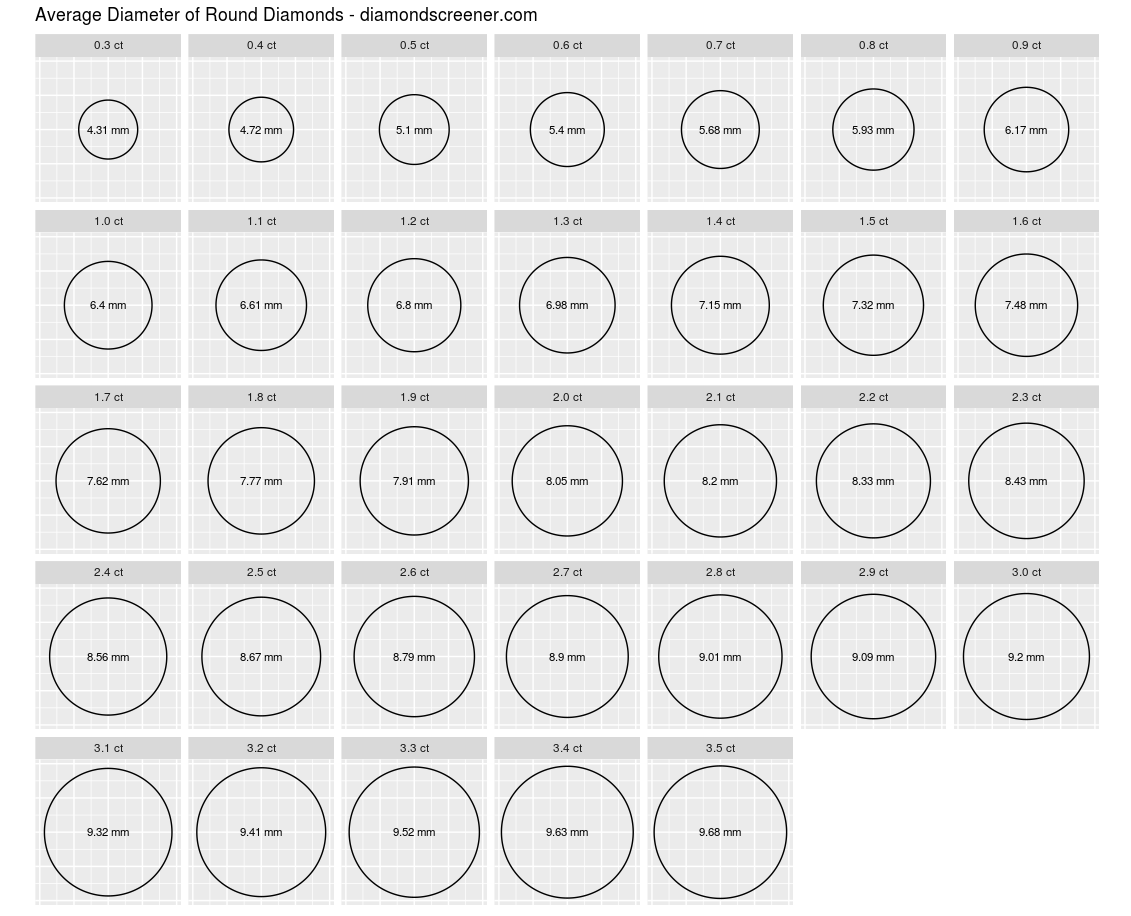

Step one: Convert any inch fractions to decimals.Įxample: 1/4 inch = 1 divided by 4 = 0.25 inchĮxample: 1/16 inch = 1 divided by 16 = 0.0625 inch.If you have inches, and want to know how many millimeters: 7mm = almost 9/32 inch (= a bit over 1/4 inch).4mm = 5/32 inch (= a bit over 1/8 inch).If you have the millimeters, and need to know the inches:

If you have the inches, and need to know the millimeters: In order of increasing size.
MM ACTUAL SIZE CHART HOW TO

Even if you've always hated the metric system, that row of millimeter sizes is clearer than that row of inch fractions: it's obvious that 4mm is larger then 3mm. If those were converted to inches, they would be (in order) approximately 1/8 inch, 5/32 inch, 1/4 inch, 5/16 inch, and 3/8 inch. For example, the gluing surfaces on most of our flat pad posts are 3mm, 4mm, 6mm, 8mm, and 10mm. Because millimeters are very small, they are perfect for measuring jewelry parts.


 0 kommentar(er)
0 kommentar(er)
